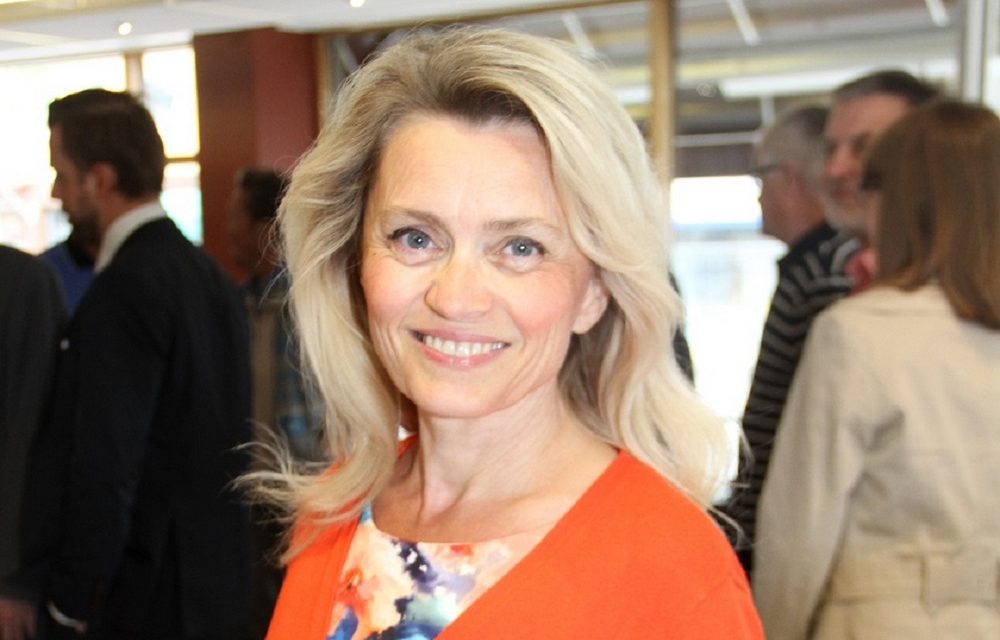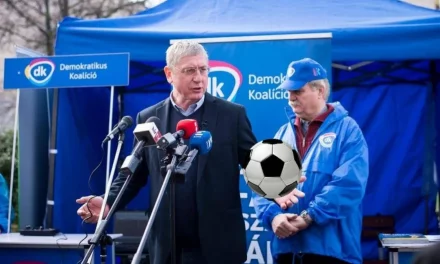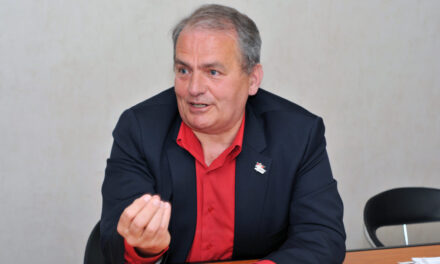The procedure itself is the punishment, because actually, for those people who want to silence others, it does not matter that in the end there will be no prosecution. They achieve their goal anyway, in some cases they achieve it with the police procedure itself, to destroy a person's life and ruin his reputation.
Two years in prison for distributing the Bible - the trial of the former Finnish interior minister, who was targeted by the LGBTQ lobby, has begun. Proceedings were initiated against Paivi Rasanen for dividing the rows of Saint Paul. The whistleblowers described the church founder's thoughts as offensive and unacceptable, so at the end of the trial the court will actually decide whether the Bible can be censored and whether religious freedom still exists. Robert Clarke, a board member of the legal aid organization ADF Inernational, gave an interview on Kossuth Rádió's Sunday Newspaper program.
– You are also part of this case, through your expert. It is about freedom of religion, and directly about freedom of speech, since the former minister quoted from the Bible, which the Finnish Attorney General classified as hate speech.
– I think for me this is one of the most shocking examples of the increasingly visible and strengthening censorship in Europe. We are talking about a person holding a public office, a former minister, a member of the Finnish parliament, a mother and grandmother, a doctor who expressed an opinion on Twitter. He criticized the leadership of his church for supporting and joining the Helsinki Pride march. It was his opinion that the Attorney General seized on to charge him with ethnic incitement. This is a serious crime, it belongs to the category of hate crimes, which is why the trial was held against him and two other defendants who supported the minister's words. This is a religious belief. He has not offended anyone who has already heard him speak, this becomes clear at once; his statement was not offensive, he simply shared his convictions in the community, contributing to the public debate about it. And as a result, he now finds himself accused of a crime. And this matter is not only about him, the politician, but think about the message he sends to others; it is better to exercise self-censorship and prefer not to speak. If they can impeach a minister, they will do it with anyone else. He knows this too, he believes that a lot is at stake through his case, and we see this as well, which is why we support him in the process.
– As a lawyer and legal expert, do you think that the defense's arguments will stand up in this case? Are the legal arguments on his side?
– I would say that we were already surprised by the fact that the chief prosecutor took this case to the point of indictment. In recent years, the procedural model for so-called hate speech cases has been as follows: An investigation is launched against the person concerned, the police interrogate him, which attracts serious media attention, the person concerned may lose his job and receive public criticism. Then quietly, after a few months, the prosecutor or the police announce that there are no charges in the case. In other words, the procedure itself is the punishment, since actually it doesn't matter to those people who want to silence others that there will be no charges in the end. They achieve their goal anyway, in some cases they achieve it with the police procedure itself, to destroy a person's life and ruin his reputation. They state the case as an example, and say that anyone who makes such a statement will also be punished. In other words, the procedure itself becomes the punishment, and not the judgment or trial itself. Because such cases very rarely reach a verdict or trial. However, this current case is not about that. Contrary to the expectations of many, including myself, the Attorney General took the matter further. I found this rather surprising in the light of the strong legal protection that surrounds freedom of speech - especially when it comes to public debate and when an actor democratically elected by the people speaks.
- Regarding the practice of your legal protection organization - how do you find the clients to whom you provide legal assistance? For example, if someone has a case that affects the law, can they reach out to you, can they contact you? Or do you follow a case that attracts more attention, and in this sense you approach the clients? So how does finding a case work?
- Cases come to us in many different ways. Sometimes we find it, as we are in contact with 3,000 lawyers worldwide who have participated in a training program or have been in contact with us in some other way. At some point, one of them will contact us, but it also happens that people who have encountered a legal problem contact us directly. In such cases, we can also recommend a lawyer who is a member of our network, or provide assistance in other ways. So if anyone wants to contact us, we welcome it.
Source: hirado.hu
(Cover photo: Paivi Rasanen, former Finnish Minister of the Interior, Christian Democrat Member of Parliament (Source: Twitter/Paivi Rasanen))












